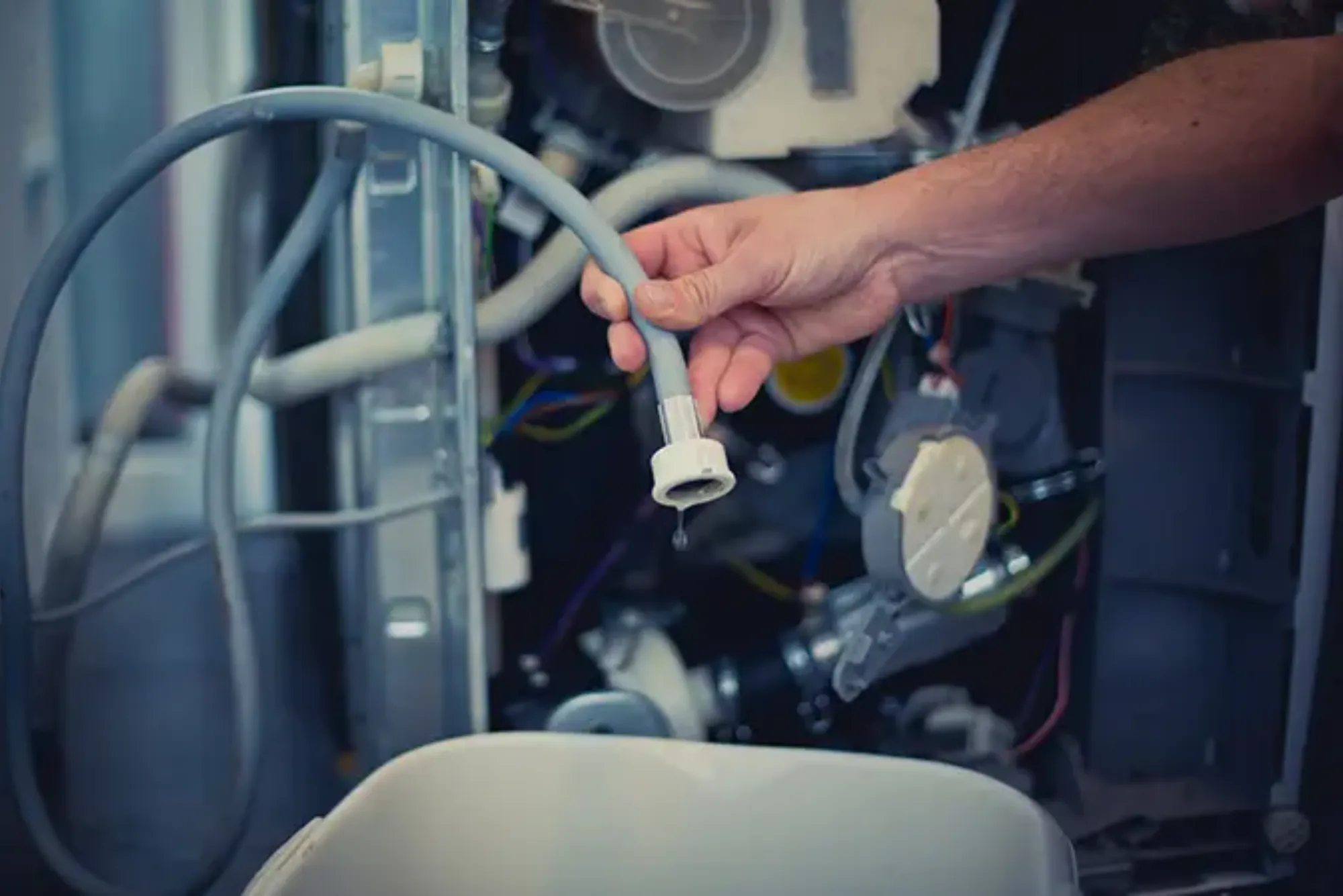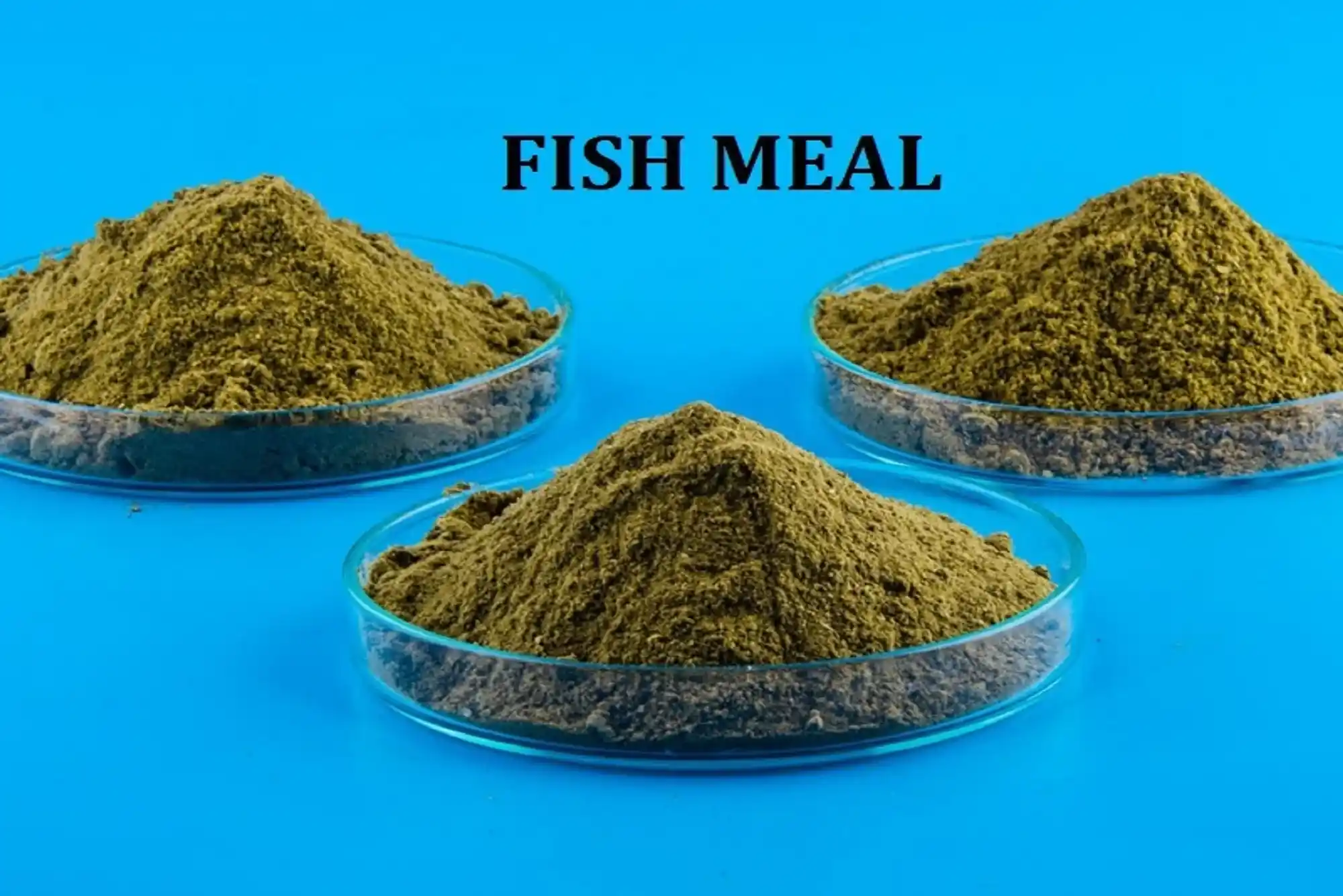The global aquaculture industry relies heavily on high-quality feed to ensure the health and growth of farmed fish. One of the most essential components in aquafeed is fish meal, known for its superior nutritional value and digestibility. As aquaculture expands to meet rising seafood demands, innovative fish meal applications are playing a crucial role in enhancing feed efficiency, sustainability, and overall industry productivity.
The Nutritional Significance of Fish Meal
Fish meal is packed with essential nutrients such as proteins, omega-3 fatty acids, and key minerals that support optimal fish growth. Unlike plant-based alternatives, fish meal offers a complete amino acid profile, making it the preferred choice for aquafeed. Its high digestibility improves feed conversion ratios, leading to healthier fish and increased yield for aquaculture farms.
Advanced Processing Techniques for Enhanced Quality
Modern fish meal production utilizes advanced processing methods to retain maximum nutritional content. From controlled drying techniques to precise grinding processes, manufacturers ensure that fish meal maintains its protein integrity and lipid profile. Innovations in enzymatic hydrolysis are also helping improve nutrient bioavailability, allowing for more efficient absorption by fish and shrimp species.
Sustainable Sourcing and Environmental Responsibility
With the growing demand for fish meal, sustainability has become a top priority. Responsible sourcing practices ensure that fish meal is derived from regulated fisheries or byproducts of seafood processing, reducing pressure on wild fish stocks. Oman’s fish meal industry is adopting stringent sustainability measures to align with global environmental standards, ensuring that aquaculture growth does not come at the cost of marine ecosystems.
Innovative Applications in Aquaculture Feed
Recent advancements have led to the development of specialized fish meal formulations tailored to specific aquaculture species. Functional fish meal blends are now being designed to enhance immune response, improve stress resistance, and optimize nutrient absorption. These innovations are particularly beneficial for high-value species like salmon, tuna, and shrimp, where feed quality directly impacts commercial viability.
Cost Factors and Market Considerations
Fish meal prices fluctuate based on raw material availability, production efficiency, and global market demand. Producers are continuously working to balance cost-effectiveness with quality assurance. Emerging substitutes such as insect-based protein and algae meal are being integrated into fish meal formulations to maintain affordability while preserving nutritional benefits.
Selecting High-Quality Fish Meal for Optimal Results
When choosing fish meal for aquaculture, it is essential to consider protein content, freshness, and sustainability certifications. Reliable suppliers such as Fish Meal offer premium-grade products that meet industry standards, ensuring optimal fish health and farm profitability. By prioritizing quality, aquaculture operators can maximize feed efficiency and long-term sustainability.
The Role of International Trade in Fish Meal Supply
As global aquaculture demand rises, cross-border trade is facilitating the seamless availability of fish meal. Countries with robust seafood industries, such as North Korea, are actively engaging in fish meal exports. Businesses looking to Order from North Korea can access high-quality fish meal through trusted suppliers, ensuring consistency in aquafeed production.
Blueline Worldwide: A Trusted Source for Aquafeed Solutions
Blueline Worldwide has emerged as a leading provider of premium fish meal and aquaculture nutrition solutions. With a commitment to quality and sustainability, the company sources fish meal from environmentally responsible fisheries and utilizes advanced processing techniques to enhance nutritional efficacy. As the aquaculture industry evolves, Blueline Worldwide remains at the forefront, delivering innovative feed solutions tailored to meet modern demands.
Conclusion
Innovative fish meal applications are revolutionizing aquaculture nutrition, driving efficiency, and promoting sustainability. By leveraging cutting-edge processing techniques, responsible sourcing practices, and customized feed formulations, the industry is poised for long-term success. With reliable suppliers and advancements in fish meal technology, aquaculture farmers can optimize growth while supporting a more sustainable seafood supply chain.
For more insights into fish meal and food-related services, including how they contribute to sustainable nutrition solutions, visit Tour By Road.








